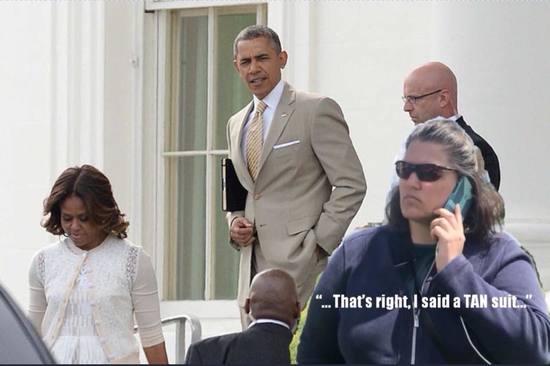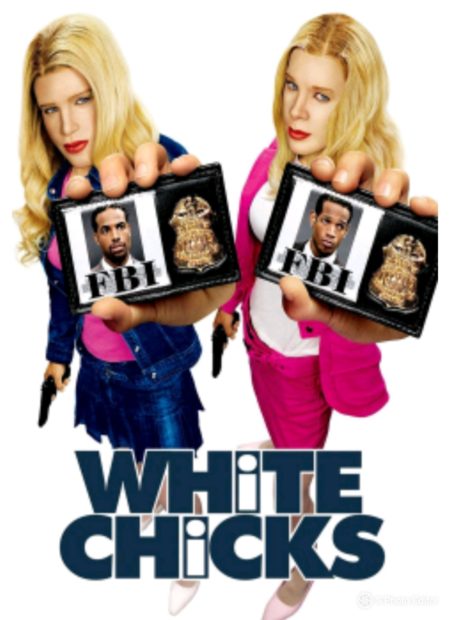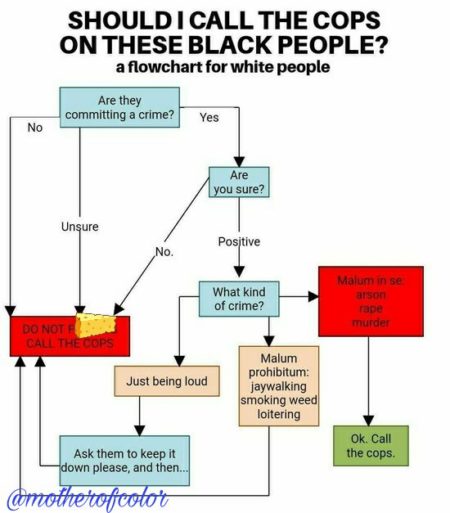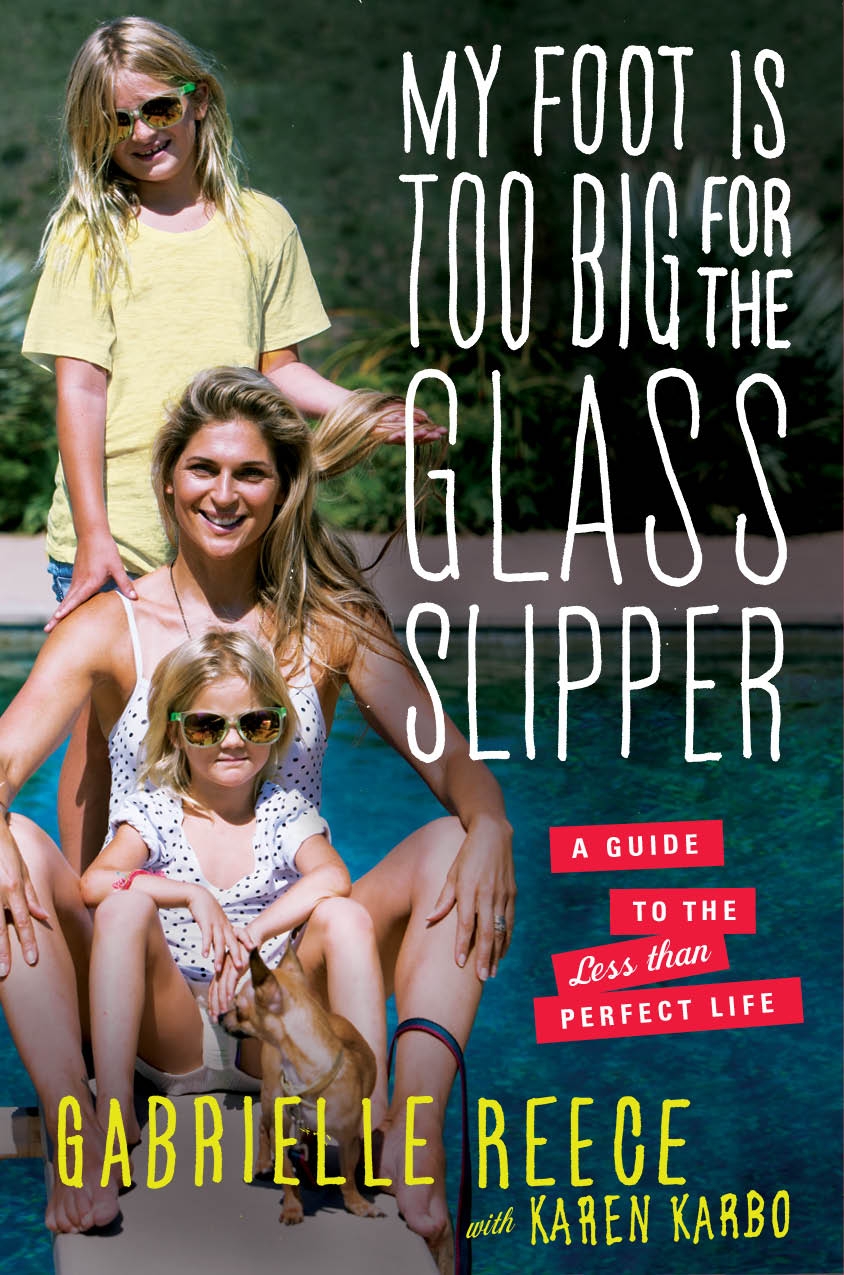In the 2004 film, White Chicks, the idea was a funny one: two bumbling FBI detectives, played by Shawn and Marlon Wayans, are forced to “babysit” a pair of spoiled heiress sisters, Britney and Tiffany, to foil a larger kidnapping plot. When the FBI agents keep on, well, bumbling things, one of the sisters lose it: “I’m going to contact your supervisor! No, I’m going to write…a….letter!”
And what made it amusing was that it was a spot-on exaggeration of how entitled people will behave: if they don’t get what they want, when they want it, they will threaten to ‘tell on you.’ Whether their demands are reasonable or not.
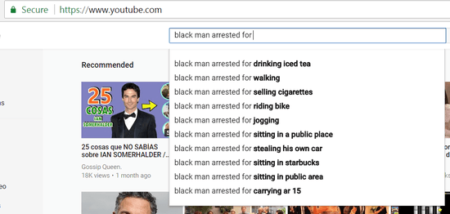 But today, over a decade later, it’s no longer about strongly-worded letters and the trend is far from a joke. Now, on a regular basis, social media is circulating stories of ‘Tiffanys,’ ‘Karens,’ along with the occasional ‘Chads’ or ‘Scotts,’ who seem to think that it’s their divine right to decide which people belong where and who appears to be a ‘threat.’ And if those particular people happen to not look like them—which usually means brown people and black people—they will quickly escalate the situation by calling 911.
But today, over a decade later, it’s no longer about strongly-worded letters and the trend is far from a joke. Now, on a regular basis, social media is circulating stories of ‘Tiffanys,’ ‘Karens,’ along with the occasional ‘Chads’ or ‘Scotts,’ who seem to think that it’s their divine right to decide which people belong where and who appears to be a ‘threat.’ And if those particular people happen to not look like them—which usually means brown people and black people—they will quickly escalate the situation by calling 911.
Earlier this month, for example, two Native American brothers were part of a college tour, simply observing the campus, when a white woman found their demeanor ‘suspicious’ and called police. Shortly after that, a white female called authorities on a black female graduate student who fell asleep in a study hall and recently, a black real estate agent was inspecting a home for sale and a white woman from the neighborhood demanded to know what he was doing, was shown paperwork and she STILL called the police.
Seriously? What is the motivation behind this trend, and why?
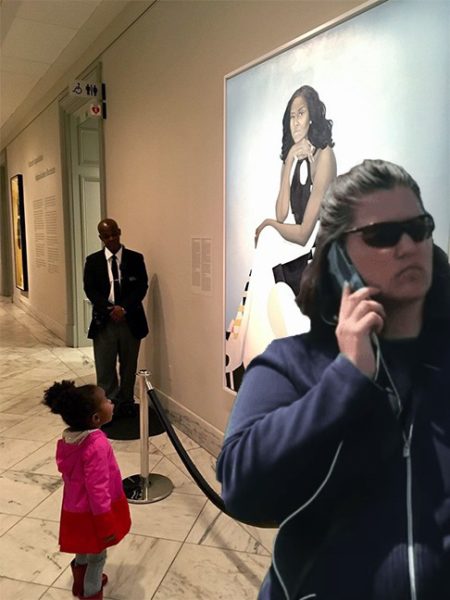 The questions are more rhetorical than anything, however, because most of us already know the answers. Those of us who happen to be non-white and aware of our history in this country know that, just a few centuries ago, whites commandeered and colonialized spaces for themselves by force all over the globe…. usually, at the expense of the indigenous. And those who survived quickly learned that everything about them that differed from whiteness was now considered be crime (Jim Crow, anyone?). In other words, maybe those who are quick to manage their fears of, or disagreements with, non-white people by calling law enforcement are yearning to recreate that ‘simpler’ time, when the only narrative that mattered was their own and the laws that blatantly favored them during those pre-Civil Rights eras kept us ‘in our place.’ Given the well-documented tensions and racial profiling that often occurs, not to mention the deaths of unarmed black citizens from encounters with white officers, what else can be the goal?
The questions are more rhetorical than anything, however, because most of us already know the answers. Those of us who happen to be non-white and aware of our history in this country know that, just a few centuries ago, whites commandeered and colonialized spaces for themselves by force all over the globe…. usually, at the expense of the indigenous. And those who survived quickly learned that everything about them that differed from whiteness was now considered be crime (Jim Crow, anyone?). In other words, maybe those who are quick to manage their fears of, or disagreements with, non-white people by calling law enforcement are yearning to recreate that ‘simpler’ time, when the only narrative that mattered was their own and the laws that blatantly favored them during those pre-Civil Rights eras kept us ‘in our place.’ Given the well-documented tensions and racial profiling that often occurs, not to mention the deaths of unarmed black citizens from encounters with white officers, what else can be the goal? 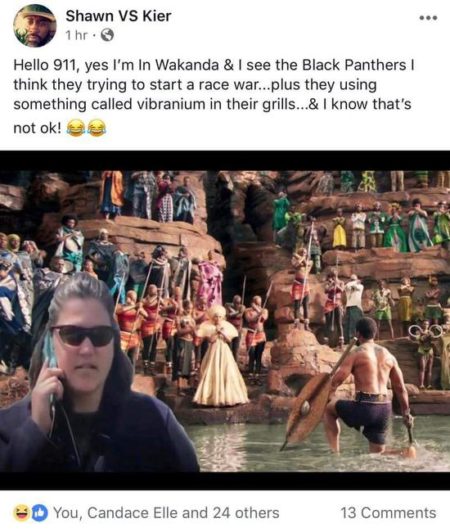
As political commentator Jason Johnson stated recently to The Washington Post, “calling the police is the epitome of escalation, and calling the police on black people for non-crimes is a step away from asking for a tax-funded beatdown, if not an execution.” Why do so many people still believe that their comfort levels matter more than another person’s humanity? What makes the Karens and Chads of the world so vocal about living in a free society, but they can’t, or won’t, respect the freedoms of others? Weaponizing law enforcement to manage one’s surroundings demonstrates helplessness rather than heroism.
In a world already chock-full of microaggressive behaviors, calling ‘the law’ on someone whose only true ‘crime’ is being different becomes the most antagonizing of all. Hopefully, future calls without merit will earn citations for the instigators, and as the non-white citizen goes on about their day—- BBQing or waiting in a Starbucks or sleeping in a study hall, or even touring a college campus—-the case Chad or Tiffany wanted one to catch would become their own. Life means different things to different people, but it’s not a game. Unlike a Wayans movie, unwarranted threats against our rights to even have one is far from funny.

